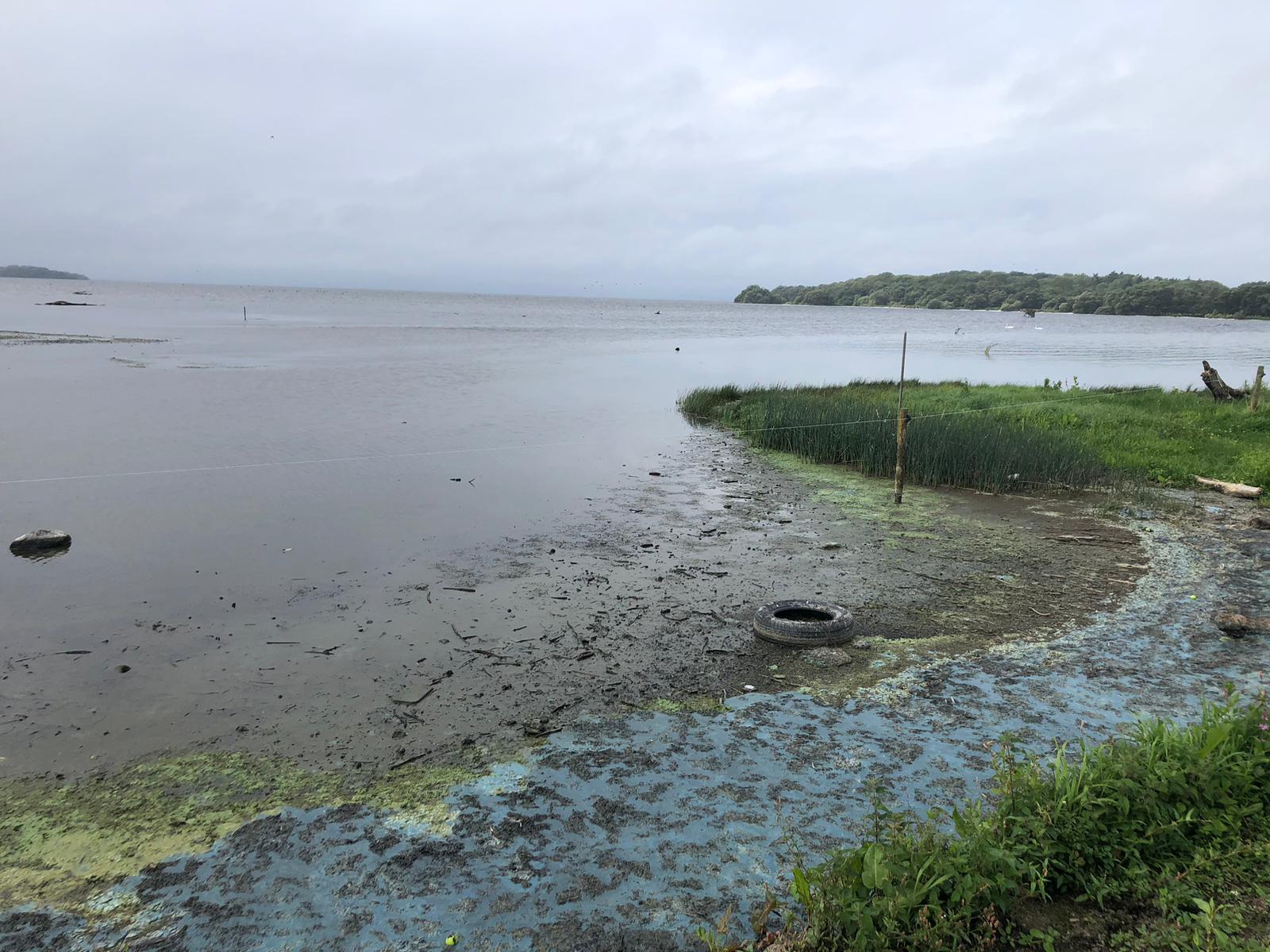THIS week’s shocking account by journalist Joe McCann of the toxic algae threatening the very future of Lough Neagh must serve as a much-needed wake-up call to the communities of West and North Belfast whose water supply comes from the largest freshwater lake in these islands.
Sadly, climate change and global warning are more often than not met with shrugged shoulders in these parts – as if the broiling temperatures resulting from soaring fossil fuel usage will mean no more locally than a few more wet Wednesdays.
The reality is that unfettered greenhouse gas emissions threaten the very basis on which this society operates.
Indeed, it doesn’t get much more basic than a clean water supply.
How then did it get to the stage then where the once pristine Lough Neagh, which supplies 40 per cent of all the water consumed in the North, including the whole of West and North Belfast, has been reduced to a veritable toilet bowl?
The finger of blame, for sure, can be pointed at the authorities entrusted with protecting the environment.
In particular, the Department of the Agriculture's failure to adequately account for its role in the pollution of the lough is thoroughly unacceptable — even if it is true that paralysis on the Hill has left the six counties adrift as the rest of the country gets its green act together.
But bringing the big-wigs to book over the degrading of our riverways and lakes shouldn’t blind us to the personal responsibility of all of us to do more as dutiful custodians of our natural resources.
Our record in that regard is far from auspicious.
At our doorstep, the mighty Lagan River, once used by West Belfast polo teams for training, is now so filthly that anyone who comes into contact with its waters is advised to shower immediately for fear of catching Weil’s disease, conracted from rats’ urine.
And just how clean are the great rivers that flow from the Belfast Hills? Owenvarragh, Forth, Farset and Blackie, to name just a few, are often out of sight and out of mind when it comes to monitoring their cleanliness.
But the fact that Lough Neagh now stands on the cusp of its death should remind us that burying our heads in the sand is not an environmental strategy.
It’s crucial, therefore, that voices are raised now in defence of the wonderful natural treasures stretching from the hills above our blessed city to the Lagan.
Or would we rather wait until a journalist has to pen the obituary for our natural environment?









